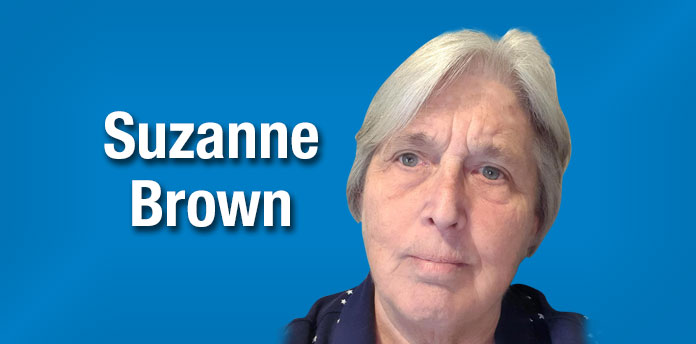Give the vote back to the Planning Commission.
Taking away their right to vote is like having a guard dog with no teeth.
When the Planning Commission votes on proposals and hearings, this Council learns a lot about issues that will then go in front of Council.
Most residents don’t know the Planning Commission is appointed, and not paid. The Planning Commission is a valuable resource to the City Council. They are another set of eyes and ears looking at every issue. Their opinions and decisions matter.
When the vote was stripped from the Planning Commission at the end of 2020, citizens were told it was because of a legal issue and only one public hearing could be held. But the regulation says at least one public hearing had to be held.
It didn’t say a second public hearing could not be held.
Why was Peachtree City the only city to take away their Planning Commission’s vote? No other city did that.
How odd that the Planning Commission voted unanimously against the Governor’s Square rezoning plan. And then City Council voted unanimously to approve the rezoning. That made them look foolish even though changes may have been made to the proposal. It looked like they don’t listen to their own Planning Commission.
Shortly after that the Peachtree City Council stripped the right to vote from the Planning Commission. That action just made the City Council look even more foolish … and vengeful.
To the average citizen is looked like a clear case of retribution. The Council would never have to worry about opposing the Planning Commission vote if the Planning Commission had no right to vote.
Instead of holding public hearings they held public workshops. Many citizens misunderstood they still had the right to speak at the “Workshop” to voice their opinion about issues. That resulted in fewer people attending to speak.
I want to know the opinion of every member of the Planning Commission, and I want to know which way they vote with an actual numeric tally. Perhaps that’s why I am often the only citizen who attends their meetings other than citizens with issues on their agenda.
It was proposed to reinstate the vote and Public Hearings because of the passage of House Bill 1405 which they claim clarifies what zoning actions are quasi-judicial and which are legislative. The agenda packet says,
I’m not sure I believe that one either. But it’s not as important of what happened at the City Council meeting on February 16.
Each Council member spoke in solid support of reinstating the vote. And then they had the good sense to allow Frank Destadio, an eleven-year veteran of the Planning Commission, to make the motion to approve the ordinance change to reinstate the Planning Commission’s right to vote. Phil Prebor, also a veteran of the Planning Commission, seconded the motion which passed unanimously.
They gave back what never should have been taken from the Planning Commission … their right to vote.
[Suzanne Brown is retired after 21 years in federal law enforcement, has a BS from Cornell and an MS from Colorado State, and has lived in Peachtree City for 3 years. She often speaks at local government meetings during public comment time, pointing out various laws and regulations that need to be followed to preserve our communities, and in support of a patriotic agenda.]











Leave a Comment
You must be logged in to post a comment.